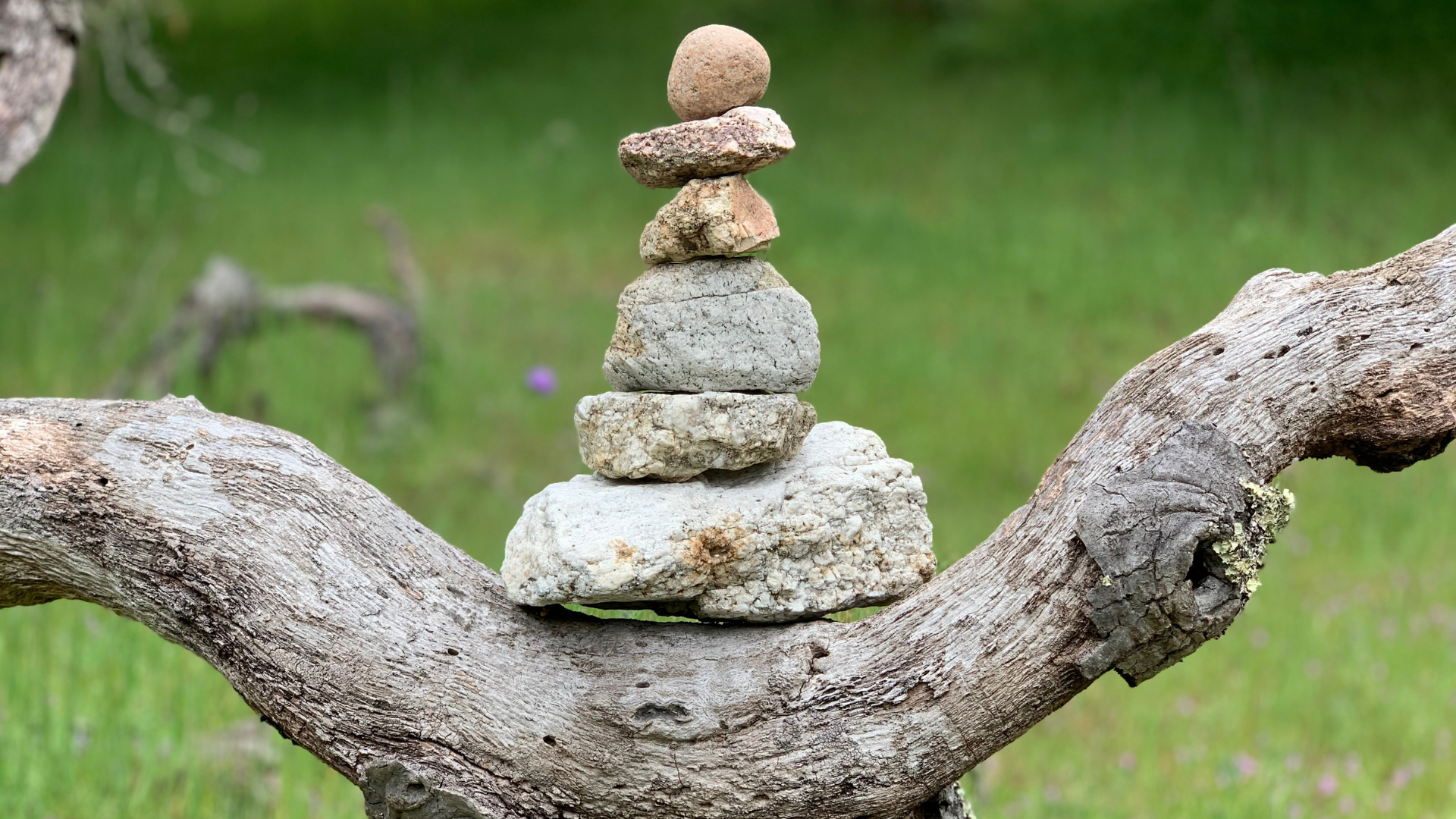Quick Healthy Meals Home Health Aides Can Recommend (or Make for Themselves!)
As a Home Health Aide (HHA), you’re not only there to help clients with daily tasks—you often become a gentle guide in healthy living. Many aides help prepare simple meals or encourage clients to stay nourished. But the truth is, these same quick, nutritious ideas can be lifesavers for you too.
At Fordham Institute Inc., we believe that eating well is key to having the energy, focus, and strength it takes to be an excellent caregiver. Here are some easy meal ideas that work great for clients—and for busy aides who barely have time to cook for themselves.
1. Overnight Oats for Breakfast
Just mix oats, milk (or a milk alternative), a little honey, and some chopped fruit in a jar. Let it sit overnight, and by morning you’ll have a creamy, filling breakfast—no stove needed.
Perfect for:
- Clients who might skip breakfast because it’s too much effort
- Busy mornings when you’re rushing to your first case
2. Simple Stir-Fry
Frozen veggies, pre-cooked chicken (or tofu), and a splash of soy sauce or olive oil can turn into a healthy, colorful meal in under 10 minutes. Serve it over rice or noodles.
Why it works:
- Easy to adjust to dietary needs
- Good way to sneak in veggies for you or your client
3. Easy Egg Muffins
Beat eggs, add chopped spinach or peppers, pour into a muffin tin, and bake. Keep them in the fridge and grab a couple on your way out the door.
Good for:
- Light lunches or snacks between shifts
- Clients who want protein without heavy meals
4. Yogurt + Fruit + Nuts
A bowl of yogurt with sliced bananas, berries, or even a handful of granola makes a refreshing snack or light meal.
Added bonus:
Calcium and probiotics for gut health—which is great for clients and caregivers.
5. Hydration Helpers
Staying hydrated is just as important as what you eat. Encourage clients (and yourself) to sip water all day. If plain water is boring, try adding lemon, cucumber, or a splash of juice.
Small Changes Make Big Differences
These simple meal ideas help keep you and your clients nourished without stress. When you’re fueled properly, you’re sharper, more patient, and better equipped to handle the demands of caregiving.
📞 Want to learn more about caregiving skills and how to become an HHA? Call 718-480-1804
Because caring starts from the inside out—and that includes what’s on your plate.





